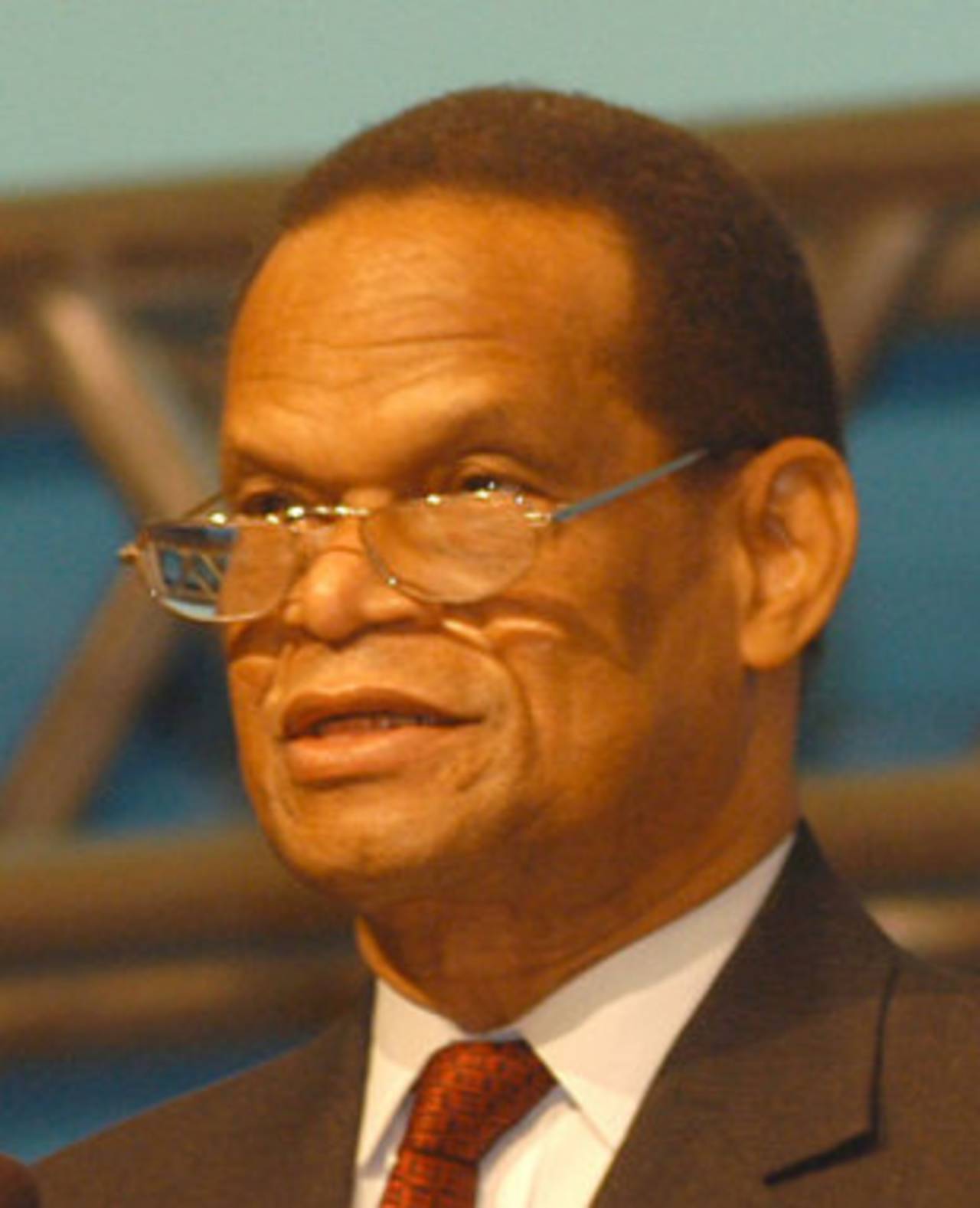It is not so much the fate of the fifth and final ODI between West Indies and England that will be decided in St Lucia as much as the future direction of West Indies cricket.
The West Indies Cricket Board (WICB) and the West Indies Players Association (WIPA) are
scheduled to meet
yet again to regurgitate several discordant issues that are a constant feature of an interminable cold war that has left them as far apart and as antagonistic as the political rivals of east and west once were.
Reading between the unambiguous lines of their latest statements and media releases, it is obvious that the each side has run out of patience. The time for arbitration, of which there has been a surfeit, and of compromise and concessions seems to be over.
It is a power struggle that has finally and inevitably come to a head. The latest evidence indicates that both are now prepared for open combat. The outcome will surely determine how West Indies cricket is administered from here on.
The WICB last week presented what it termed "a comprehensive broad-based proposal, which speaks to a complete overhaul of all aspects of players salaries". The WIPA responded that it "omits so much substantial and significant information and detail that any meaningful engagement on that basis alone is impossible".
It does not bode well for the success of today's talks. If they do break down, as they have often done, it would create an intriguing scenario.
One feasible upshot would be for WIPA to instruct their members (now claimed to be all first-class players) to also boycott the remaining matches in the regional first-class competition, as they did on the first day of an earlier round, as well as the planned tour of England in May (over which WIPA state they were not consulted).
If successful, it would leave the WICB without a domestic competition or an international team. There would be no alternative for it but to withdraw from the second ICC World Twenty20 in England in June, to bow to the pressure and reconstitute itself, along the lines recommended by the Patterson committee's report.
The vital word is "if".
It would be as difficult now as it was then for poorly paid regional players, especially those who regard their international careers to have been prematurely ended by impatient selectors, to reject lucrative offers
The WICB will not easily concede their position. Player power is anathema to any accredited sporting organisation and the president Julian Hunte has rejected the Patterson report's proposals for restructuring. His position is boosted by how a different dispensation dealt with a recent, similar standoff.
When the majority of senior players pulled out of the tour of Sri Lanka in 2005 over a contract dispute, the WICB raised a team of willing reserves all the same, under the captaincy of Shivnarine Chanderpaul, who drew the wrath of WIPA president Dinanath Ramnarine for his "betrayal".
They were duly beaten but the WICB demonstrated it was in charge. Within a few months, the team was back to full strength again although the scars of division were a long time healing.
The England tour is a hastily arranged, bilateral arrangement to replace cancelled visits by Zimbabwe and Sri Lanka. It is understood that it will earn the WICB appreciably more than usual, allowing it to pay players US$1.5 million between them, five times more than it would be another comparable tour.
It would be as difficult now as it was then for poorly paid regional players, especially those who regard their international careers to have been prematurely ended by impatient selectors, to reject lucrative offers.
Even though the WICB's authority would be upheld, it would be, as with Sri Lanka, an unsatisfactory arrangement. It is known that the WIPA - and not only its confrontational president but most of its prominent members - are adamant that the WICB cannot continue in its current form.
Their main grudges concern fees and contracts but they have been equally frustrated and embarrassed by the WICB's repeated bungling and lack of accountability. "The board is always talking about players needing to change but we, the players, need changes from the board as well," the captain Chris Gayle pleaded last year after it failed in the simple task of getting players to England in time to prepare for an ODI series. "The WICB says they want the best out of the players but we also need the best out of the board".
This, as much as anything, is what today's meeting is all about. Perhaps the potential repercussions will bring both sides to their senses, just in time.
Tony Cozier has written about and commentated on cricket in the Caribbean for nearly 50 years
